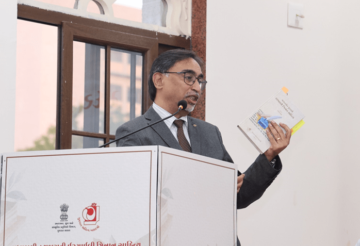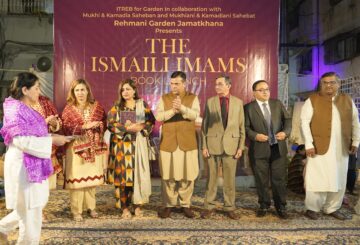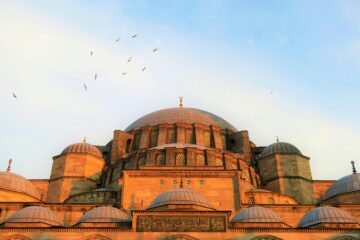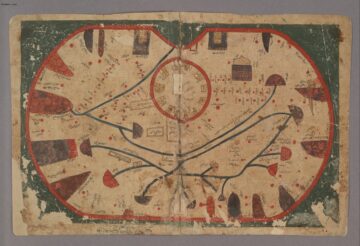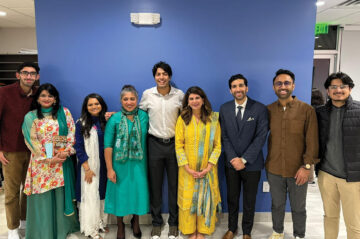The debate on ‘Islam and modernity’ has gained prominence since the events of September 11, 2001, in the West and the Muslim world alike. Issues of pluralist governance, civil society and human rights – as well as of public ethics – have come to be linked more forcefully than ever with secularism, which in turn is felt to be a hallmark of modernity. ‘Yet there is more than one way of being secular, as indeed there is of being modern, or Muslim’, argues the book’s editor, Dr. Sajoo.
Muslim Modernities is about how heritages of Islam have shaped identity and citizenship, piety and protest, music and modes of dress, not only in Muslim societies but also in the diaspora. Such expressions of the ‘civil imagination’ are not about alternatives to modernity or about a clash of civilisations. Rather, it is the overlapping nature of indigenous modernities, no matter how distinctive they may be, that stands out and is underscored by globalisation.
From pluralist readings of the Holy Qur’an(also Koran. Arabic term meaning, ‘recitation’ or ‘scripture’): Muslims believe that the Holy Qur’an contains divine revelations to the Prophet Muhammed received in Mecca and Medina over a period of… More and shari‘a in South Asian social activism, to the rebirth of traditional narratives in ethical makings of identity in Maghreb and Malay settings, the revitalisation of Central Asian cultural values, and the struggle for civic spaces among Muslim migrants in the West, this book challenges easy stereotypes about what it is to be modern and Muslim. The contributors include Nilufer Gole, Bruce Lawrence, Hasna Lebbady, Theodore Levin, Kevin McDonald, Fairouz Nishanova, John Renard, Eva Schubert, Bryan Turner and Amyn Sajoo.
This publication builds on earlier IIS ones on Civil Society in the Muslim World (ed. Amyn B. Sajoo) and Modern Muslim Intellectuals and the Qur’an (ed. Suha Taji-Farouki), in furtherance of the Institute’s mandate to give ‘particular attention to issues of modernity that arise as Muslims seek to relate their heritage to contemporary circumstances’.

